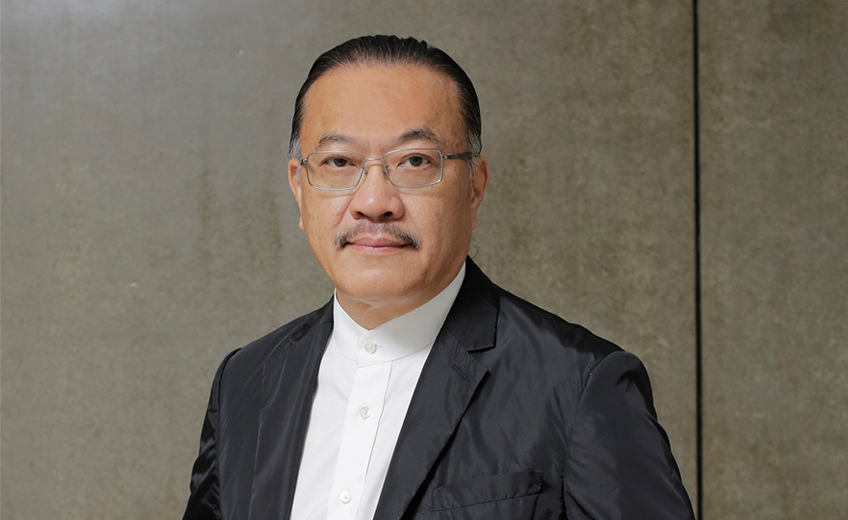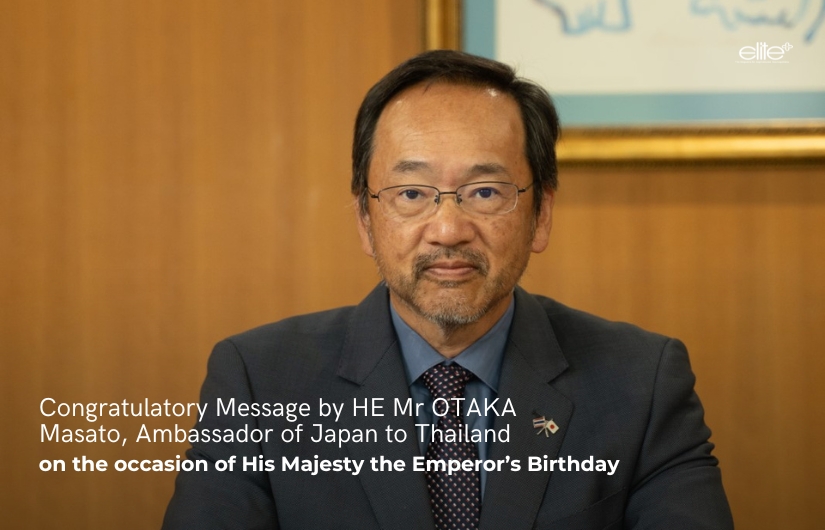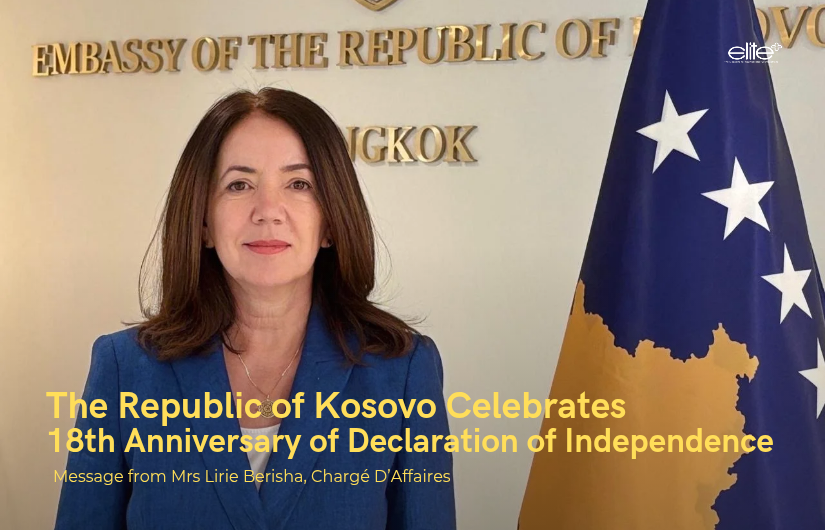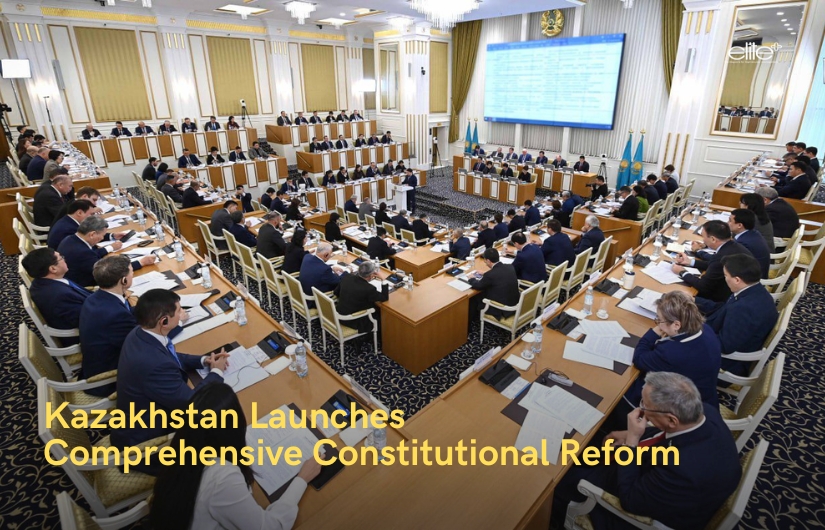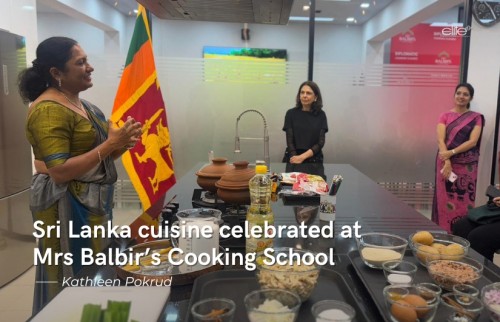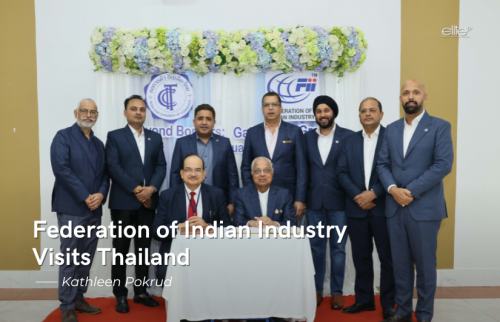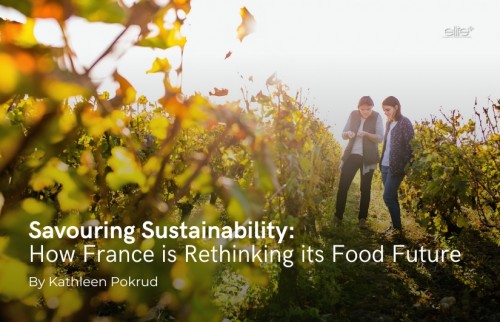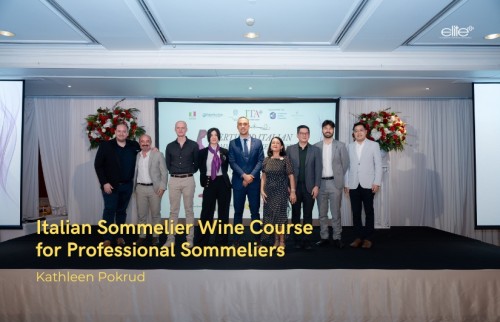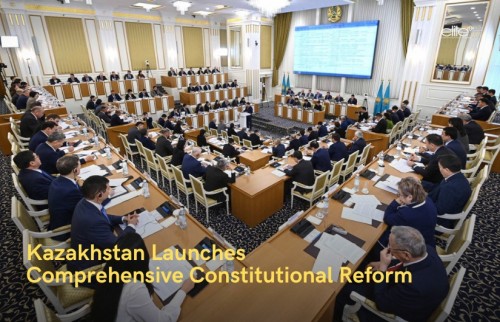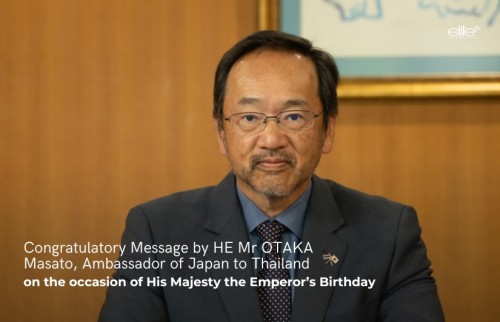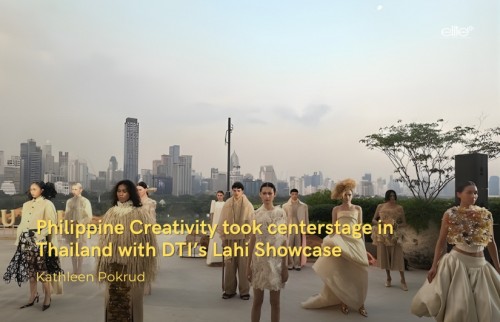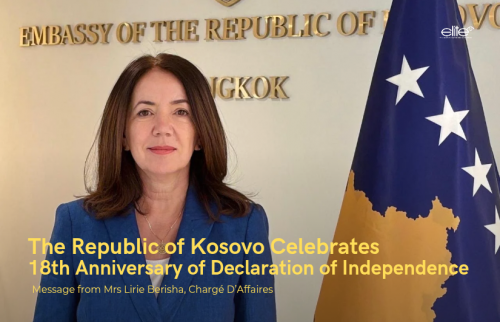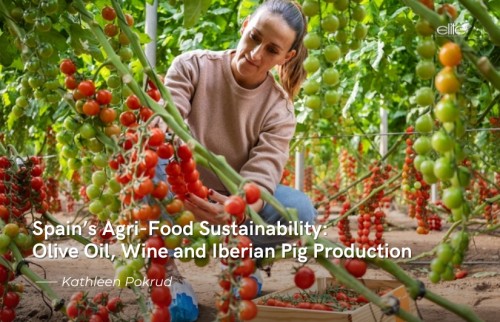From a humble family business, Asian Seafoods Coldstorage PCL has grown and prospered as a public company with diversified products, multiple production bases and sustainable growth in both the local and international markets. Under the helm of the current president and CEO, Somsak Amornrattanachaikul, the firm has gone through possibly the toughest time in its 40 years and prevailed, thanks to his perseverance, vision and adapt-or-die spirit.
“Many people dread crises. I do, too, but there’s a silver lining in it. Crisis makes us alert. It teaches us of our own flaws and strengths. I believe that it makes us better, smarter and more adaptive,” Somchai said, lounging comfortably in the living room at his residence in Pak Chong, where he received the Elite+ team with warm hospitality.
The most recent, and potentially most fatal blow to Asian Food, was an EMS (early mortality syndrome) outbreak in 2012 that almost immediately crippled the shrimp businesses in China, Vietnam, Malaysia and Thailand. Many shrimp farms went out of business and a lot of seafood suppliers were gravely affected, but Asian had better plans to loosen this deadly siege.
“The idea was to disperse the risk and not hold on to only one business,” Somsak said. “At the time, we produced mainly shrimp, and when there was the crisis, we were hit as badly as our peers, but we managed to make do because we had other products – frozen squid, tuna, sillago and others – that balanced out the loss and sustained the whole corporation.
“It was a major setback for us for two years,” Somsak recalled. “The turnaround was when we realized that we could not rely on seafood alone to survive in this highly volatile business environment. As we were slowly recovering from the EMS crisis, we expanded our portfolio to produce feed for shrimp and fish, as well as pet food. This was to ensure that if one product goes under, the whole operation can stay afloat from other businesses. We have been hit with several crises in the past, not just this one, and yet we are still standing while many of our counterparts folded. It’s mainly because of this strategy.”
Asian started off as a family business of the Amornrattanachaikuls, established in 1977. They processed seafood for restaurants and suppliers, with the main production base in Klong Toey. From a single small factory, Asian expanded to a bigger factory in Samut Sakhon, which is now the headquarters, then on to Surat Thani and Petchaburi.
Each base, with a strategic and convenient location, served different needs for the company. While Klong Toey is the main distribution centre, the Surat Thani factory handles frozen squid and live shrimp for sashimi. The factory in Samut Sakhon produces frozen processed shrimp, ready-to-eat food as well as premium pet food. The plant in Petchaburi takes care of feed production. In 1994, Asian became a public company limited with registered capital of 100 million baht. Asian currently makes up to 10,000 million baht in profit. A key player in both the local and international markets, Somsak cites Japan as the trade partner with the longest relationship.
“Japan has been our greatest customer since the very beginning, especially for shrimp. We have quite a few competitors, though. Vietnam, Indonesia and India all export shrimp to other countries within the region and beyond. From what I see, the rising competitor is China. China is a big consumer, and also a big producer. They also export a lot and import a lot. We cannot underestimate China. China has been trading with us for many years, and I see the new market emerging and this one has more purchasing power.”
Besides his own strategic and adaptive vision and expertise, backed by an experienced and skilled team, Somsak looks to the future with the use of artificial intelligence (AI) to further enhance the business with more efficiency and less manpower.
“Like most companies, efficiency is also the problem,” Somsak said. “Doubled with labour costs, it makes sense to start thinking about AI, and I have seen great examples from various operations in Japan. Recently we have revamped the production line, making it leaner, with set standards, and started to introduce machinery and automated systems where possible. For example, we have replaced visual inspection with x-rays and used machines to count instead of using people. The most important part is to revamp the line, then you can make more adjustments with suitable computerized systems or machinery.
“The biggest plan for us right now is the modification project of the pet food warehouse in Samut Sakhon. We are going to introduce automated storage to increase storage space and reduce manpower to load and unload the merchandise. This is the way to go in the future. With pet food being the latest addition to the portfolio and the star product, Somsak aims to penetrate the Chinese market with premium cat and dog food.
“Pet food is also a statement to our clients and trade partners that we constantly evolve and diversify ourselves,” Somsak said. “For a long time, we have been known for sillago and shrimp, and with the new product, we have to secure the public’s trust by maintaining quality in everything that we do. Our pet food is of premium grade and comes in a variety of flavours and servings – canned, pouch, sachet, clear plastic where you can see the contents inside. We recently completed a roadshow at Pet Fair Asia in Shanghai, and so far the feedback has been great.”
Apart from business gains, Somsak takes it to heart to give back to society whenever he can. Two years ago, Somsak made headlines when he donated 10 million baht to charity causes led by Artiwara Khongmalai, or Toon Bodyslam, who completed a 55-day marathon across Thailand to raise funds for 11 hospitals.
“I appreciated what he was trying to achieve, and I chipped in as much as I could, because it was such a great cause. There was no hidden agenda. Personally, I prefer to give back through social enterprise. It’s more sustainable for stakeholders, unlike a foundation where the funds keep dwindling down until someone tops it up again. With social enterprise, you have renewable income that also goes to the community and the people involved. What I’m looking into right now is marijuana for medical purposes, and I have been working closely with medical doctors and the military to try to materialize this enterprise. We just have to wait for the government to drop criminal charges against marijuana. For me, this is the way to go in terms of social responsibility.”
With the legacy of the Asian empire under his guidance, Somsak told Elite+ he is pondering passing on the reins to new management, but the selection process has taken longer than expected.
“For someone to step into my place, he or she has to be very ready and it takes a while to groom someone. I’m not superman. I can’t do this [managing the corporation] alone. We need talented people in various different fields working together in efficient synergy to bring success. Besides finding the best people for the job, we also have to train our people. Give them new knowledge, skills and know-how to tackle new tasks and challenges. It’s an ongoing process.”


